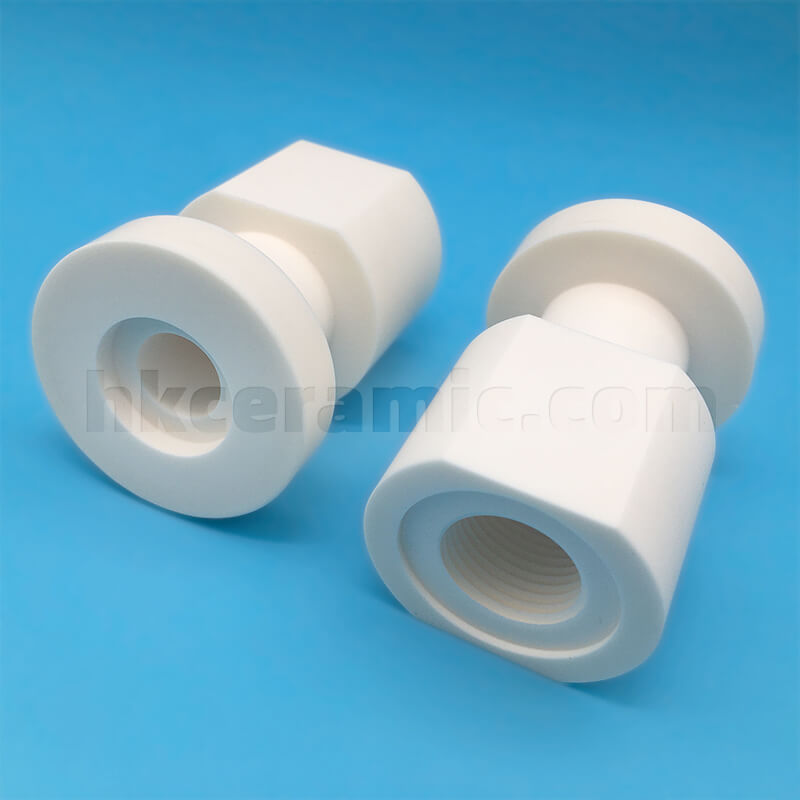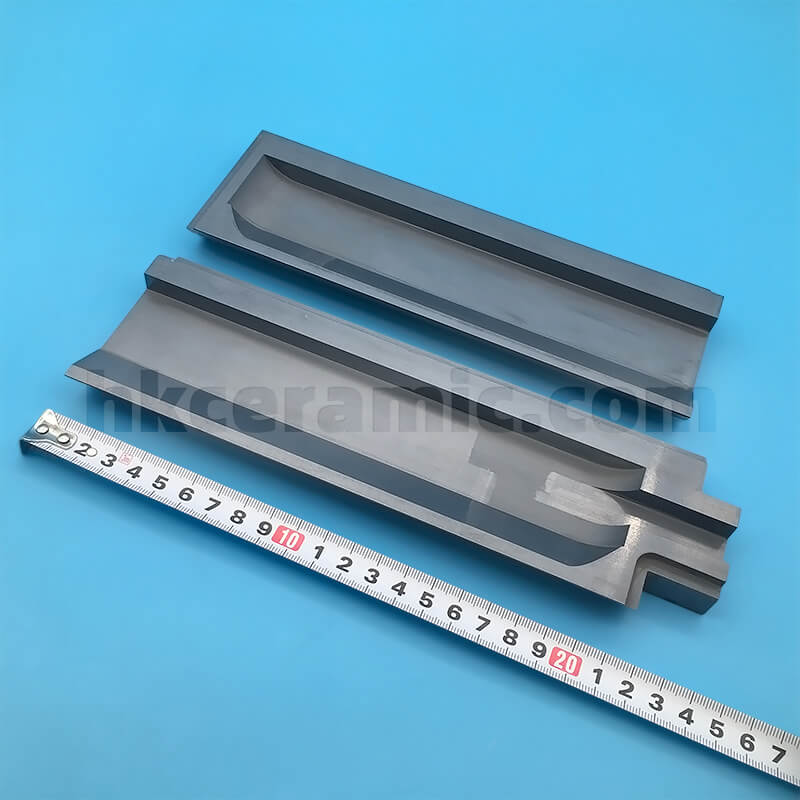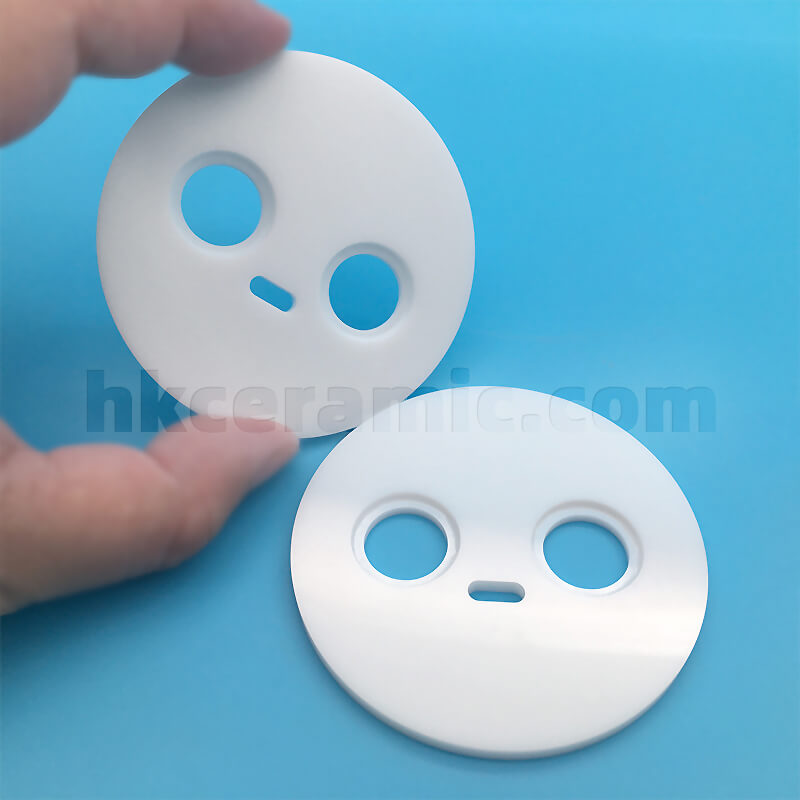Zirconia Ceramic Ring/Sleeve
E-mail:sales01@hkceramic.com
Design Features
Thermal shock resistance
Thermal shock resistance, also known as thermal stability, thermal shock stability, or thermal shock resistance, refers to a material's ability to resist damage when subjected to rapid temperature fluctuations. Specifically, when a material experiences extreme temperature changes in a very short period of time, thermal stresses are generated within it, potentially causing cracking, flaking, or breakage. Zirconia ceramics, however, exhibit excellent thermal shock resistance, capable of withstanding the thermal stresses associated with temperature fluctuations, reducing the risk of cracks and damage to equipment caused by thermal shock.
Corrosion resistance
Industry often comes into contact with corrosive media, such as acid and alkali solutions, corrosive gases, etc. Zirconia ceramics have excellent corrosion resistance and can be used stably for a long time in harsh environments such as strong acids and strong alkalis, and are not easily damaged by corrosion.
High temperature stability
Under high temperature conditions, materials may undergo various chemical reactions, such as oxidation, reduction, and decomposition. At the same time, they may also undergo physical changes, such as phase changes and lattice structure changes, thereby losing stability or causing problems such as deformation and embrittlement. Zirconia ceramics have excellent high-temperature stability and can maintain stable physical and mechanical properties for a long time under high temperature conditions.
wear resistance
Parts made of traditional materials will suffer severe wear under high-speed rotation and high-load conditions, while zirconia ceramics have excellent wear resistance and can maintain stable performance in high-friction and high-wear environments.
Chemical Industry
1. Seal Applications
In chemical production, numerous seals are required to ensure equipment sealing and prevent leakage. Zirconia ceramics, with their corrosion-resistant and high-temperature resistant gaskets, can withstand high-pressure and high-temperature environments, ensuring safe operation of equipment.
2. Valves and Piping Systems
Valves and piping systems in chemical equipment are subject to the flow and pressure of media and therefore require excellent corrosion and high-temperature resistance. Valve and piping components made of zirconia ceramics can operate stably and long-term in corrosive media and high-temperature conditions, reducing equipment maintenance costs and downtime.
Aerospace
1. Aircraft Engine Components
Aircraft engines require a large number of high-temperature, wear-resistant components to ensure stable operation. Components such as seals and bushings made of zirconia ceramics can withstand high-temperature, high-speed operating conditions, improving performance and reliability.
2. Aerospace Devices
Aerospace devices require high-temperature and wear-resistant materials to withstand the extreme environment of space. Zirconia ceramics can be used to manufacture high-temperature seals, bearings, and other components in aerospace devices, ensuring stable operation under extreme conditions.
3. Gas Turbine Components
Gas turbines are a common type of power generation equipment in the energy sector, and their components require excellent high-temperature wear resistance. Zirconia ceramics can be used to manufacture gas turbine components such as seals and bushings, extending the equipment's service life and maintenance intervals.
Energy Sector
1. Thermal Power Plant Equipment
In thermal power plants, numerous high-temperature, wear-resistant components are required to ensure stable operation. Zirconia ceramics, such as seals and bushings, can withstand high-temperature and high-pressure operating conditions, improving equipment performance and reliability.
2. Nuclear Power Equipment
Nuclear power equipment operates in extremely harsh environments, requiring materials with excellent high-temperature and corrosion resistance to ensure safe operation. Zirconia ceramics can be used in the manufacture of high-temperature seals, valve components, and other components in nuclear power equipment, ensuring long-term, stable operation.
Dongguan Haikun New Material Co., Ltd.
A global advanced precision ceramics (special ceramics) manufacturer, focusing on the development, design, production and sales of advanced precision ceramic products, covering zirconium oxide, aluminum oxide, silicon nitride and other materials, which are widely used in aviation, aerospace, military industry, medical and other fields
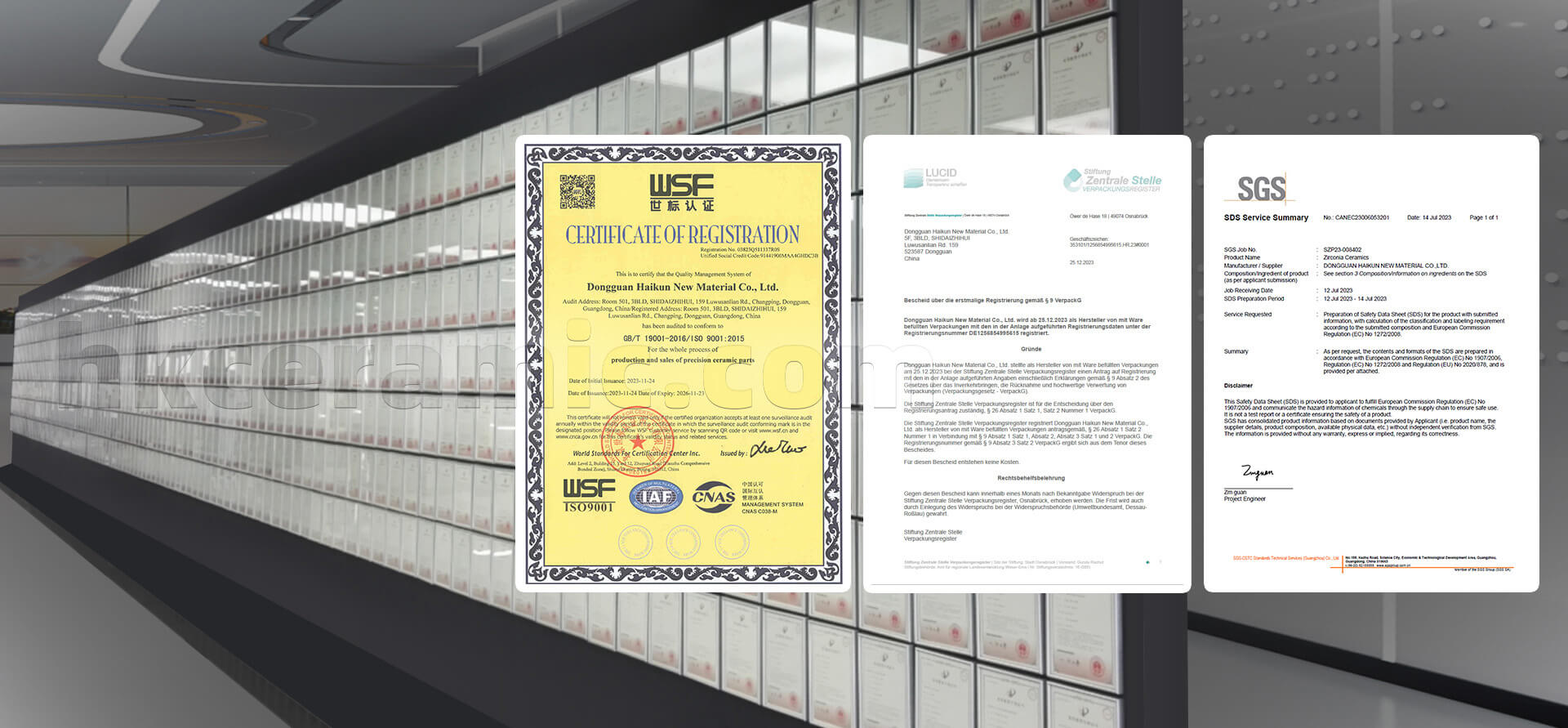

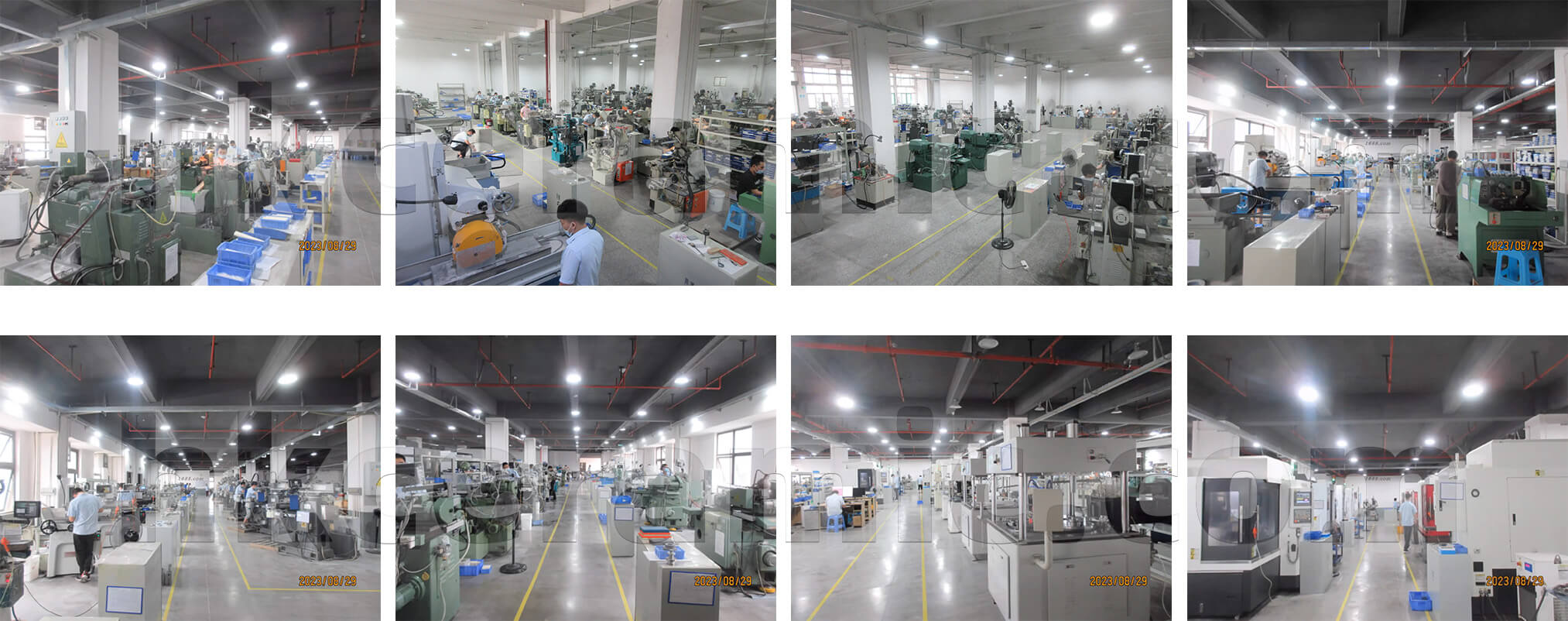
Comparison of ceramic material properties
Use our interactive ceramic material comparison chart to compare ceramic materials across different material properties.
Click the Property Button above to view the corresponding property comparison of precision ceramic materials
*The values in the table are typical material properties
Precision ceramic product customization process
Step 1
Contact us
Step 2
Technology Assessment
Step 3
Confirm the quotation
Step 4
Signing the contract
Step 5
Inspection and delivery
Step 6
Confirm Receipt







